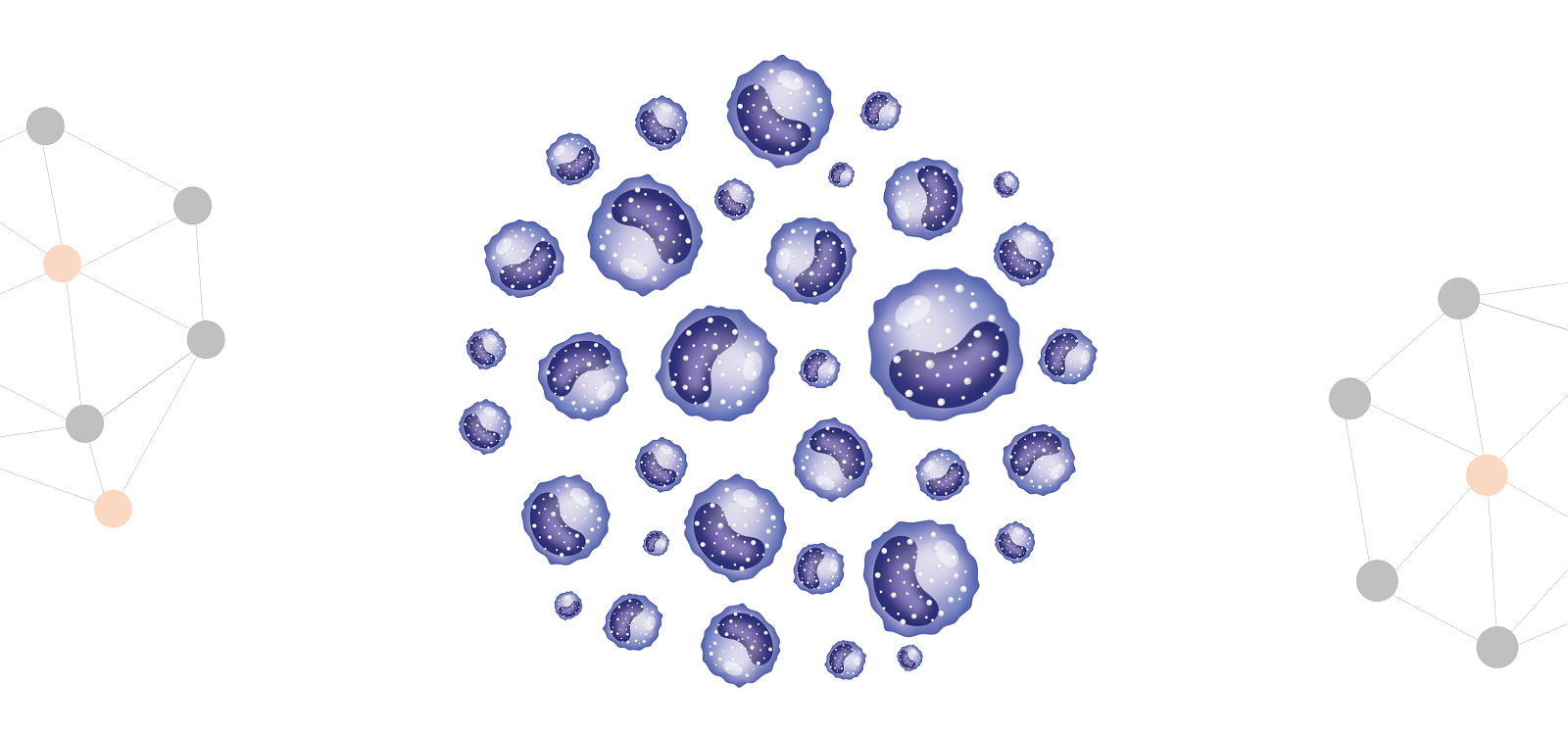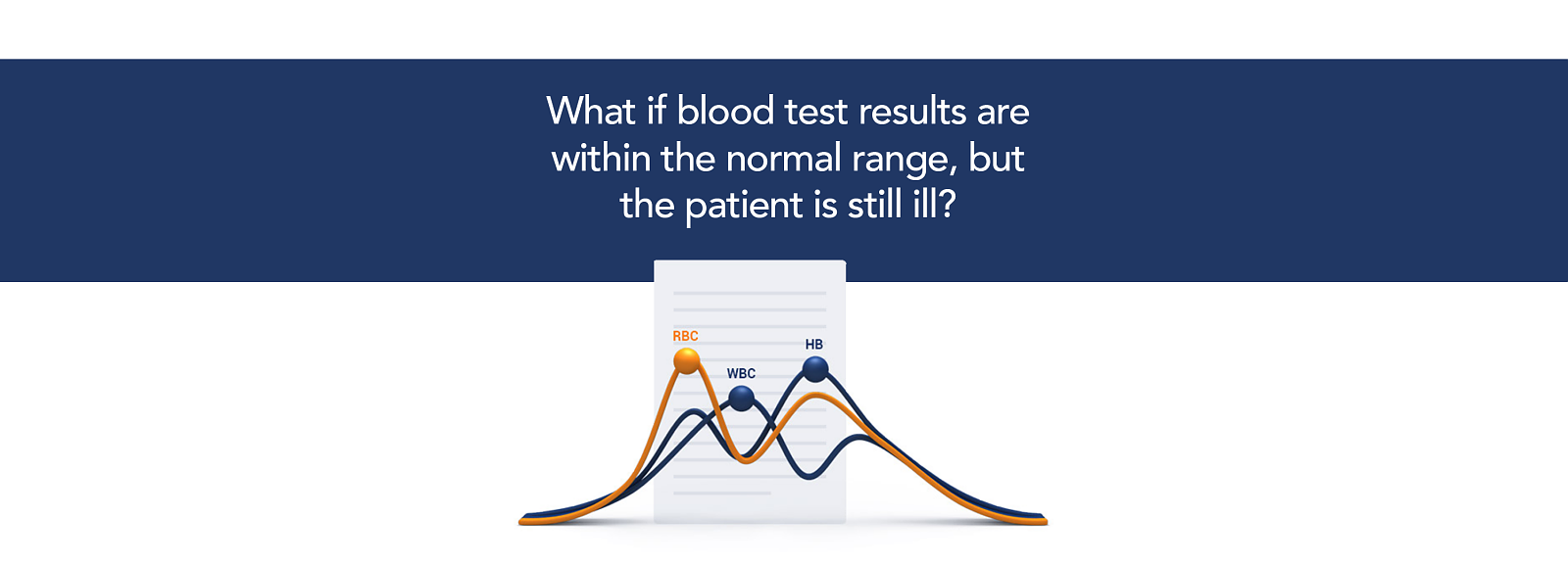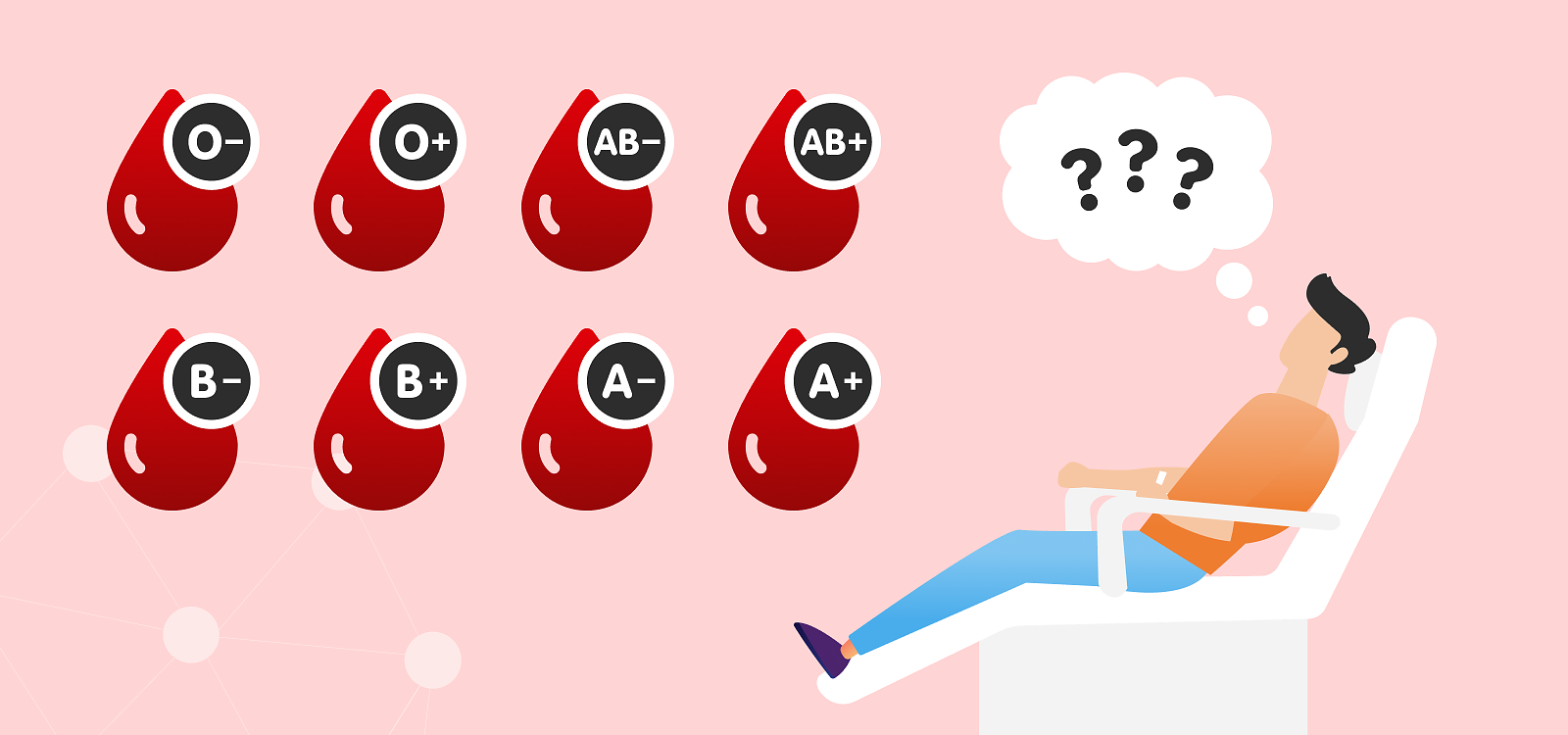Parameter Tuesday: MONOCYTES
Monocytes are the largest type of white blood cell that are involved in the initiation of an immune response. They are responsible for migrating to the site of infection in tissues, they protect your body against germs like viruses, bacteria, or fungi, and they get rid of dead, infected cells as well.
Like all white blood cells, monocytes are produced in the bone marrow and released into the blood. They spend only 20-40 hours in blood before they migrate into tissues (e.g., spleen, liver, lungs...), where they differentiate into either macrophages or dendritic cells. Macrophages defend your body by killing germs, fighting cancer cells with their toxic enzymes, and removing dead infected cells from your tissues and blood. On the other hand, dendritic cells ensure that other cells are alerted and migrate to the place of infection to help fight it.
A high monocyte count or monocytosis is connected with infection or autoimmune disease present in your body. The monocyte count is usually elevated in cancers, blood disorders, infections like mononucleosis, and inflammatory diseases such as sarcoidosis or inflammatory bowel disease. When an autoimmune disease like lupus or rheumatoid arthritis is present in your body, your monocytes mistakenly go after the healthy cells in your body. Monocyte levels can also be elevated due to acute stress, severe burns, and certain medications.
A low monocyte count or monocytopenia is connected with conditions that normally decrease your overall white blood cell count. This can be caused by blood infections, aplastic anemia, HIV, and malaria. Treatments that suppress your immune systems, such as chemotherapy or radiation therapy, also cause your monocyte levels to drop.






